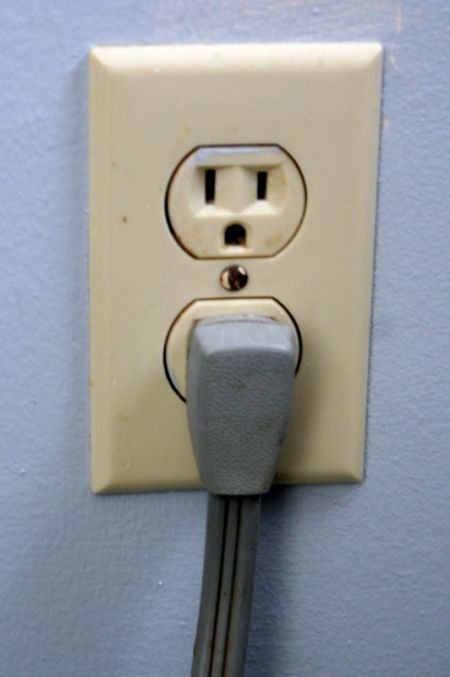HALIFAX — For many people on low income, paying the power bill isn't easy. During the winter, it can become a matter of what to sacrifice: eat or heat, feed your kids and pay the rent or have your power disconnected and freeze.
Nobody knows precisely how many households are affected by such decisions, especially since many people choose to skimp in other areas — like prescriptions or groceries — rather than lose their power. But it is a huge problem: witness the regular urgent appeals by food banks unable to assist people struggling to pay their power bill.
The Nova Scotia Association of Social Workers in a recent letter to the Utility and Review Board (UARB) frames this issue as one of fairness.
“When families that we serve are forced to choose between paying bills and buying food, and Nova Scotia Power executives receive large bonuses, it doesn’t seem fair. When the kids from families social workers serve can’t afford to play hockey and Nova Scotia Power’s shareholders get big dividends, it makes social workers angry."
It now looks as if persistent advocacy by the Affordable Energy Coalition and others on behalf of Nova Scotia’s poor is finally beginning to pay off. As a result of a recent UARB hearing, discussions are now underway between the coalition and Nova Scotia Power.
These talks may result in some long overdue improvements to how the energy provider deals with disconnections, the crippling reconnection and credit fees it charges, as well as collection issues.
The Affordable Energy Coalition is a broad and diverse conglomeration of anti-poverty advocacy groups. Also part of the coalition is the Ecology Action Centre, providing expertise on energy efficiency.
The Dalhousie Legal Aid Service, a community law clinic that supports the poor, plays a prominent role within the coalition. For staff lawyer Claire McNeil and community legal worker Fiona Traynor, the problem of power cut-offs is a human rights issue.
McNeil explains, “the right to housing is a universally recognized basic human right, it includes the right to fuel and energy necessary for cooking, heating, lighting. Especially in Nova Scotia, if you can't heat the place you can't live there.”
And it’s the working poor and people on social assistance in Nova Scotia who are too often deprived of this human right.
To deal with this problem, the Affordable Energy Coalition is calling for action on two fronts. First, it is lobbying the provincial government for programs that increase energy efficiency for low-income renters and homeowners. There is progress on this front. Efficiency Nova Scotia now delivers a program supporting low-income homeowners. But much more remains to be done; at this time there is no comparable program for low-income renters.
The second line of attack relates to decreasing the energy burden for the poor and making Nova Scotia Power focus less on its bottom line when it comes to resolving non-payment issues.
Ultimately the coalition would like to see the government step in to ensure that nobody pays more than eight per cent of income on energy. That is a long way off. Current UARB-directed discussions between the coalition and Nova Scotia Power focus on credit and collection issues.
How Nova Scotia Power currently deals with these issues is shameful.
Mel Boutilier, Executive Director for the Parker Street Food and Furniture Bank, testified about Nova Scotia Power practices at the UARB rate hearings held late last year. Boutilier described an environment in which the bottom line rules:
“My experience with Nova Scotia Power credit and collections representatives is that they are focused on getting as much money up front for the company as they can and are not concerned with other factors, like a low-income household’s ability to pay.”
Boutilier continued, “I particularly remember one family who had recently moved into a home I had helped build through Habitat for Humanity. Their power was cut off in December, the week before Christmas. Nova Scotia Power only agreed to reconnect the power when I guaranteed on behalf of Parker Street to pay the $81 for the reconnection fee.”
When it comes to policy changes affecting Nova Scotia Power's profits, Traynor is realistic: “Nova Scotia Power is a profit making institution and they're not going to do anything that is going to harm their bottom line. Yet Nova Scotia Power also knows that it has to be seen as a good corporate citizen, and if we can use that as a vehicle towards getting positive changes then that is a good thing."
Traynor adds, “We hope to see low-income people getting a break on connection fees, disconnection fees, and all those other administrative fees that make it really impossible for people to dig themselves out of a hole. This is the discussion that is going on now. What I can say is that the people who are sitting around the table are very open to it. In my opinion that means that there is some positive change afoot.”
The Affordable Energy Coalition and Nova Scotia Power are required to report back to the UARB before June 30.



